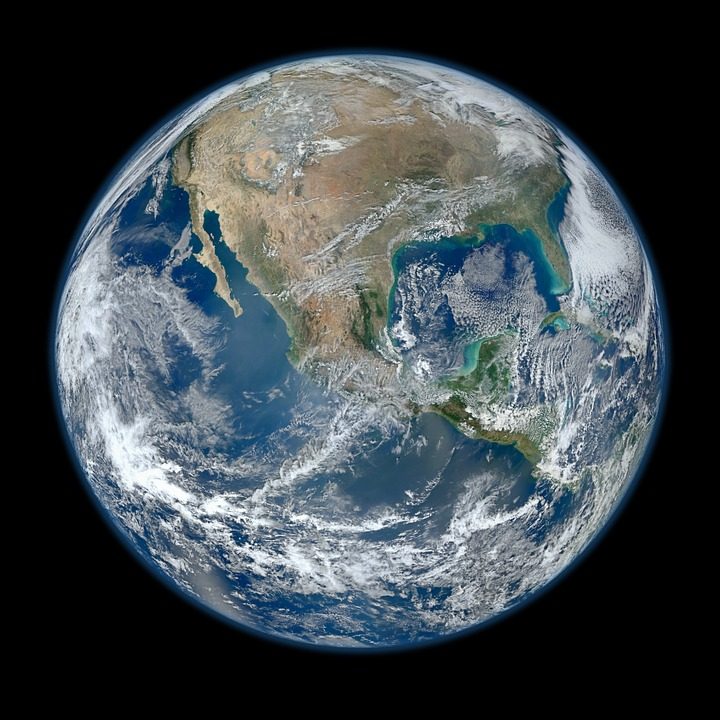On September 11, 2001, the US homeland suffered its worst attack since the Japanese attack on Pearl Harbour. The World Trade Centre in New York, with the iconic Twin Towers at the centre of it, personified the economic might and invincible power of the United States of America, Yet, on that tragic day, when those symbols of the greatness of America were obliterated, innocence was lost, and fear of a new vulnerability took over.
Since September 11th – we have all lived in the “post 9/11 era. It has been a 16 years that has, for many people, been characterized by pervasive suspicion, distrust, insecurity, and yes, fear.
In The Reluctant Fundamentalist by Mohsin Hamid, Changez is sarcastic, hopeful, and confused, throughout the novel. He moves to New York after graduating from Princeton, and is hopeful about his job at Underwood Samson & Company, and about his new life in general. He also falls in love with Erica and appears to be happy with that relationship. On the first page of the book, Changez states that he is a lover of America. However, throughout the novel, Changez relationship with Erica as well as America begins to become more complicated especially after the traumatic events of 9/11. Quickly, his love for the country seems to diminish. When Changez returns from Manila to America after 9/11, he is no longer simply recognized as a resident of New York, but he is instead perceived as a foreigner, and a possible threat, considering that he is Pakistani. This instills a sense of anger, resentment and fear in Changez. He does not feel safe in what is supposed to be his own home anymore. On page 148, his confusion and fear is highlighted when he says, “I lacked a stable core, I was uncertain where I belonged…” The reader finds that Changez relationship with Erica symbolizes and is a microcosm for the state that America is in – it is broken. Erica is fearful, she is mourning her boyfriend who passed away, she is suffering from mental health issues, and she finally goes missing towards the end of the novel. This symbolizes the loss of hope that America experienced when 9/11 occurred, and the overwhelming amount of fear that developed. Finally, it highlights the reality that America is sick and needs to be saved.
Hamid stated that if the reader perceives The Reluctant Fundamentalist to be a thriller, then this means that they are already afraid. Hamid formatted this novel to allow the reader to make his or her own assumptions about what may happen next. Throughout the novel, Changez is recounting his story to a Stranger over dinner. It is up to the reader to decide if that Stranger is a CIA agent who is out to get Changez, or simply a normal businessman. Changez also notes that upon discovering that the events of 9/11 occurred, his immediate reaction was delight. This instills skepticism regarding who Changez really is, and what his motives are. His seemingly sarcastic comments do not put the reader at ease either. Whether or not Changez is dangerous, many readers may not trust him because he jokes and makes light of very serious and fear mongering topics. It is the reader’s choice to decide if Changez is merely joking about his happiness for 9/11, or if he is truly a terrorist himself. But ridden with fear of terrorists, the modern world is constantly on its toes, and so there is frankly no room for humor regarding violence or terrorist attacks.
Today, while our institutions are more intrusive than ever in a concerted and ceaseless effort to “keep us safe” and “fight the war on terrorism”, we seem to be living in a perpetual state of siege. Two wars – Iraq and Afghanistan – and a multitude of lethal local and regional conflicts, and the emergence of a ruthless terrorist group, ISIS, has put us all on edge. This, coupled with the anger at a vast and growing economic chasm between the super-rich, very rich, rich, and the rest of us, has created a toxic brew of anxiety and fear that knows no borders.
The recent election of Donald Trump, a billionaire who has never held public office, is just one manifestation of this angst and anxiousness. Trump is fueling the fear that is rocking many western countries. One particularly abhorrent example of Trump fueling fear is his campaign promising to ban all Muslims entering the country. Whether or not Donald Trump’s motives for saying this were to obtain more votes through fear mongering, or because he is truly serious about making this ban happen, it would frankly be impossible to filter out all Muslim people because it is a religion, and that requires self-reporting. The fact that people voted for Donald Trump despite his nonsensical plan to ban all Muslims, highlights the ignorance that stems from fear in American society in this post 9/11 era. Although it may make things easier, this fear and anger is not only concentrated in America. We can see the terror all over the world, from the invasion of Iraq, to torture, mass electronic surveillance, much tighter borders being implemented, and more. Other countries notably experiencing these same convulsions include France, Germany, and The United Kingdom, an example being the outcome of the Brexit voting in 2016.
I agree with Hamid’s statement that if a reader of The Reluctant Fundamentalist is reading the book as a thriller, then they are already afraid. Likely, I think that most readers of this novel will read this as a thriller because at a large scale, most members of our society are fear stricken, confused, suspicious, and skeptical of everything. They don’t know who to trust and who to believe anymore. Hamid’s work proves an undeniable truth – that the post 9/11 era has made our world more vulnerable, more fearful and more broken economically, politically than ever, on a global scale.
